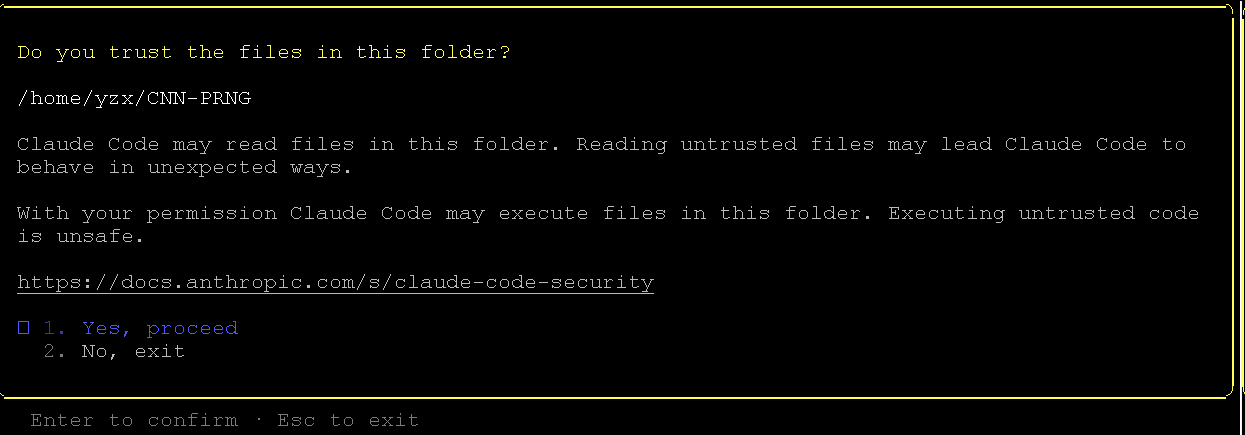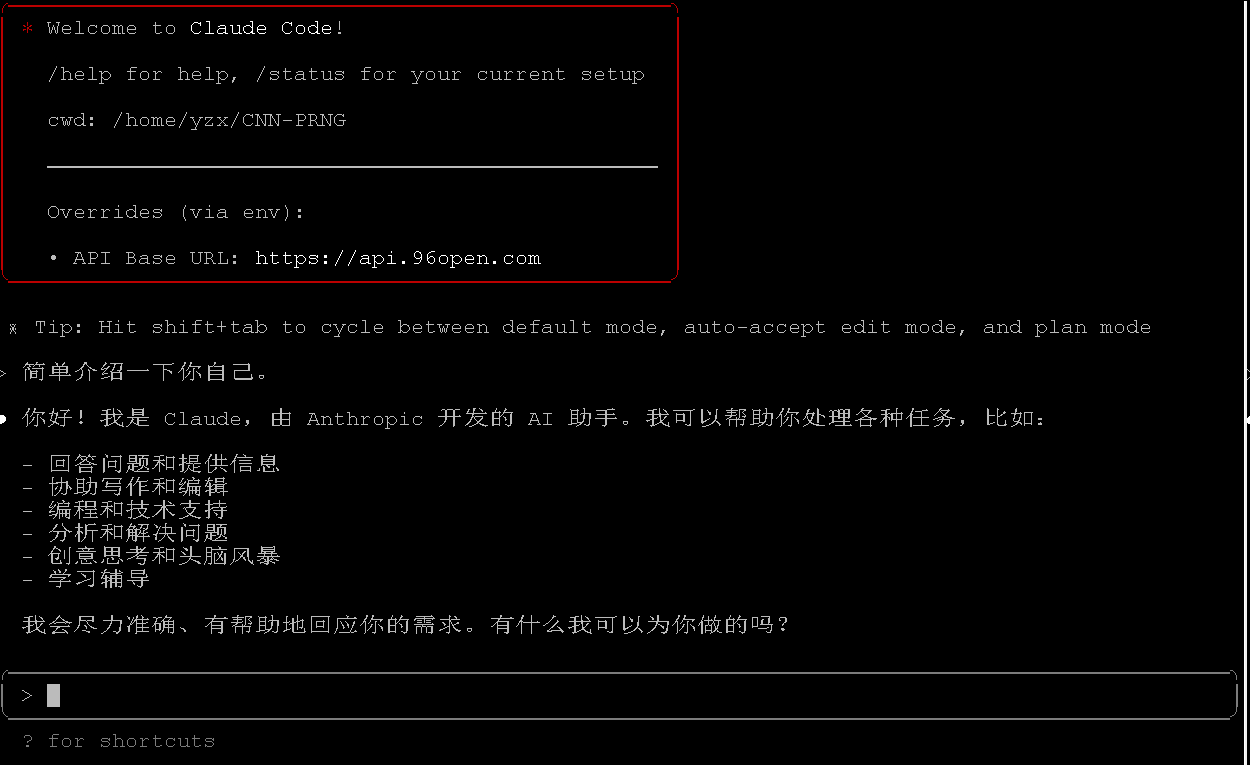Казино Пинко выигрывай каждый день и покоряй удачу
Казино Пинко выигрывай каждый день покоряй удачу
Не упусти свой шанс на успех! В Казино Пинко каждый день – это новая возможность увеличить свой капитал. Здесь ты найдешь самые захватывающие игры, которые подарят яркие эмоции и щедрые выигрыши.
Мы предлагаем широкий выбор азартных игр: от классических слотов до живых казино с настоящими крупье. Каждый игрок найдет что-то по своему вкусу! Ваша удача уже близко – не бойтесь рисковать и открывать новые горизонты!
Специальные бонусы и акции ждут именно вас! Регистрируйтесь сейчас и получайте дополнительные средства на счет, которые помогут быстрее достичь желаемого результата. Выигрывать в Казино Пинко – просто, выгодно и весело!
Присоединяйтесь к нам и позвольте удаче стать вашим верным спутником. В Казино Пинко удача на вашей стороне!
Казино Пинко: выигрывай каждый день и покоряй удачу
Казино Пинко предлагает уникальную возможность для всех игроков окунуться в мир азартных игр и развлечений. Каждый день вы можете испытать свою удачу, участвуя в разнообразных играх и акциях.
- Широкий ассортимент игр: В Казино Пинко вы найдете множество игровых автоматов, настольных игр и live-казино, что удовлетворит любые предпочтения.
- Ежедневные акции: Каждый день в казино проводятся акции, которые дают шанс на получение бонусов, фриспинов и других приятных сюрпризов.
- Лояльная программа: В Casino Pink действует программа лояльности, в которой накопленные баллы можно обменивать на реальные деньги и ценные призы.
- Безопасность и поддержка: Мы гарантируем безопасность ваших данных и финансовых средств. Круглосуточная поддержка готова ответить на любые вопросы.
Присоединяйтесь к Казино Пинко и начните свой путь к удаче. Каждая игра – это возможность выиграть, развлекаться и приятно провести время. Не упустите шанс стать частью азартного мира уже сегодня!
Как выбрать лучшие игры в Казино Пинко для максимальной прибыли
При выборе игр в Казино Пинко для достижения максимальной прибыли важно учитывать несколько факторов. Во-первых, обратите внимание на процент возврата игроку (RTP). Чем выше этот показатель, тем больше вероятность возврата вашей ставки. Ищите игры с RTP не менее 95%.
Во-вторых, учитывайте волатильность игры. Высоковолатильные слоты могут приносить крупные выигрыши, но и риски потерь выше. Низковолатильные игры предлагают частые, но небольшие выигрыши, что может быть полезно для удержания банкролла.
Также не забывайте о бонусных функциях и специальных предложениях. Игры с бесплатными вращениями, бонусами или дополнительными символами могут значительно увеличить ваши шансы на прибыль. Читайте описания игр и проверяйте наличие таких возможностей.
Кроме того, ознакомьтесь с отзывами других игроков. Комментарии и рейтинги помогут вам понять, какие игры действительно приносят прибыль и какие не стоит пробовать.
Наконец, пробуйте разные игры, не ограничивайтесь одним жанром. В Казино Пинко представлен широкий выбор слотов, настольных и карточных игр, и иногда неожиданный выбор может привести к успешному результату.
Секреты успешной стратегии ставок в Казино Пинко
Не менее важным аспектом является установка лимитов на ставки. Определите для себя максимальную сумму, которую готовы потратить за сессию, и придерживайтесь этого бюджета. Это поможет избежать неоправданных потерь и сохранит положительные эмоции от игры.
Также рекомендуется использовать бонусы и акции, предлагаемые Казино Пинко. Это не только увеличивает ваши шансы на выигрыш, но и дает возможность протестировать новые игры без риска для своих средств. Не забывайте регулярно проверять доступные предложения и выбирать наиболее выгодные.
Следующий секрет – это использование стратегии ставок. Имеются разные подходы, такие как система Мартингейла или Д’Aламбера. Каждая из этих стратегий имеет свои преимущества и недостатки, поэтому важно выбрать ту, которая будет соответствовать вашему стилю игры.
Наконец, не забывайте о психологии игры. Оставайтесь спокойными и сфокусированными, даже если удача не на вашей стороне. Эмоциональные решения могут привести к неправильным ставкам и увеличению потерь. Рекомендуется делать перерывы, чтобы сохранить ясность ума и подходить к игре с новыми силами.
Начните свой путь к успеху, играя в Казино Пинко, и откройте для себя весь спектр возможностей, используя для этого пинко вход.
Промо-акции и бонусы: как извлечь максимальную выгоду из Казино Пинко
Казино Пинко предлагает своим пользователям разнообразные промо-акции и бонусы, которые помогут значительно увеличить ваш игровой бюджет и продлить развлечение. Знание о том, как правильно использовать эти предложения, даст вам возможность максимально извлечь выгоду из игры.
Прежде всего, зарегистрируйтесь в казино, чтобы получить приветственный бонус. Он обычно включает в себя выгодное увеличенное первое пополнение счета и бесплатные вращения на популярных слотах. Это отличная возможность для новичков испытать свою удачу без значительных затрат.
Регулярно следите за актуальными промо-акциями, так как Казино Пинко часто проводит специальные предложения, такие как бонусы на второе и третье пополнение, а также кэшбэк за потери в определенные дни. Участвуя в этих акциях, вы можете вернуть часть своих проигрышей или получить дополнительные средства для игры.
Также не забудьте обратить внимание на программами лояльности. Чем больше вы играете, тем больше очков зарабатываете. Эти очки можно обменивать на различные подарки, включая фриспины, деньги на игровой счет или эксклюзивные бонусы.
Не забывайте регулярно проверять раздел акций на сайте казино. Там вы всегда найдете информацию о самых выгодных предложениях, включая временные акции и сезонные бонусы, которые могут значительно улучшить ваши шансы на успех.
Следите за расписанием турниров, где можно не только проявить свои навыки, но и выиграть крупные призы. Участие в турнирах добавляет элемент конкурентной игры и дает возможность заработать дополнительные награды.
Наконец, ознакомьтесь с условиями использования бонусов. Это важно, чтобы избежать недоразумений и предостеречь себя от невыгодных ситуаций. Обязательно читайте правила бонусных программ и условия отыгрыша, чтобы всегда быть в курсе.
Следуя этим рекомендациям, вы сможете максимально эффективно использовать все предложения Казино Пинко и значительно увеличить свои шансы на успех. Удачи в игре!



